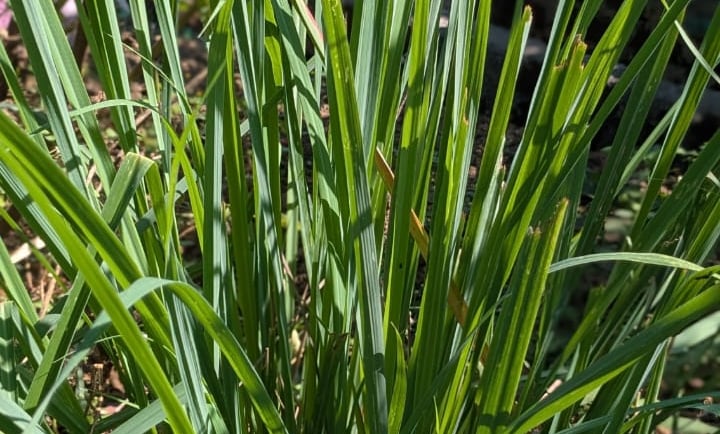🌾Best Organic Fertilizers and How to Use Them Naturally
Introduction "Best Organic Fertilizers and How to Use Them Naturally" Soil is the heart of farming — healthy soil means healthy crops. In organic farming, instead of chemical fertilizers, we use organic fertilizers that are natural, eco-friendly, and help maintain long-term soil fertility. These fertilizers enrich the soil with nutrients and improve its texture, water-holding capacity, and microbial activity. --- 1. What Are Organic Fertilizers? Organic fertilizers are natural substances derived from plants, animals, or minerals that provide essential nutrients to plants. They are biodegradable, non-toxic, and improve soil health over time. Unlike chemical fertilizers, they release nutrients slowly and steadily, ensuring balanced plant growth. --- 2. Types of Organic Fertilizers 🌿 A. Compost Made from: Decomposed organic matter like kitchen waste, leaves, and crop residues. Benefits: Improves soil structure, adds nutrients, and increases microbial activity. How to use: Apply 2–3 tons per acre before sowing and mix well with the soil. --- 🐄 B. Farmyard Manure (FYM) Made from: Cow dung, urine, and straw collected from animal sheds. Benefits: Provides nitrogen, phosphorus, and potassium naturally. How to use: Spread evenly in the field 2–3 weeks before planting. --- 🌰 C. Vermicompost Made from: Decomposed organic waste processed by earthworms. Benefits: Rich in micronutrients, improves soil aeration and water retention. How to use: Mix 1–2 tons per acre with topsoil before sowing or during irrigation. --- 🌾 D. Green Manure Made from: Fast-growing plants like sun hemp, cowpea, or dhaincha, plowed into the soil while still green. Benefits: Adds nitrogen, improves organic carbon, and prevents soil erosion. How to use: Grow green manure crops for 45–60 days and mix them into the soil. --- 🪵 E. Bone Meal & Fish Meal Made from: Animal bones or fish waste, ground into powder. Benefits: Excellent source of phosphorus and calcium for root development. How to use: Apply 100–150 kg per acre in planting rows. --- 3. Benefits of Using Organic Fertilizers ✅ Improves soil fertility and structure ✅ Enhances microbial life and nutrient absorption ✅ Reduces pollution and soil degradation ✅ Supports long-term sustainable farming ✅ Produces healthier, chemical-free crops --- 4. Tips for Using Organic Fertilizers Combine different types (e.g., compost + vermicompost) for best results. Avoid overuse—organic doesn’t mean unlimited. Keep soil moist after applying fertilizers. Regularly test soil to maintain balance of nutrients. --- Conclusion Organic fertilizers are nature’s gift to farmers — sustainable, affordable, and effective. By using them wisely, farmers can improve soil fertility, grow healthier crops, and protect the environment for future generations.
Gulab T.
11/11/20251 min read


My post content